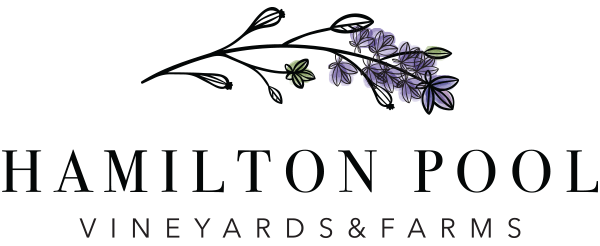Week 4 Update - Mr. Braden’s Builders
This morning we came to discover that our compost experiment had been visited by a raccoon. Luckily, the raccoon was not able to open our bucket, but they definitely chewed on the bucket quite a bit. I can’t imagine that being the satisfaction it was hoping for, but they gave it a shot. We discussed what we can do to better protect our bucket from critter. Eventually it was hung in a tree.
After our weekly routine of morning games, setting our intentions, sitting with nature, and sharing our gratitudes we began our day learning. This Friday we discussed the cycle of inputs and outputs of nutrients and other supplies used at a farm. And the idea that in a “regenerative” farm we try to get as many of the nutrients, seeds, and other necessities from the farm as possible. When we rely on outside inputs to run a farm we can end up dependent on other sources for things that we can create ourselves, which can waste time, money, and energy. When it comes to seeds, we also have the added benefit that we know that those plants have a good relationship with our soil specifically and can help us continue to get even better yields moving forward. Then we began participating in that cycle by saving seeds. We harvested the seed pods from our tulsi (holy basil) and then began the process of winnowing the chaff from the seeds using some wire mesh as a filter, and the creative use of some gentle breathwork. We saved quite a few seeds from a crop of basil that was very successful in our soil, and can almost guarantee more success the next time we put those seeds in the ground.
Our farm chore for the day was to care for the chickens. That includes feeding, watering, collecting eggs, and putting fresh bedding in the nesting boxes for our hens. We use fermented chicken feed for the chickens on our farm and it is a very different experience than just throwing dry feed out for the chickens. The fermented feed is wet and bubbles slightly inside of a bucket, it has a stronger smell and looks like a kind of “feed-goop” that we give them in a bucket. This process makes the food more bioavailable for the chickens to digest and that saves us on food costs and improves the health of our chickens. The kids generally love any amount of time that we get with the chickens and really appreciated going through the process of caring for them.



